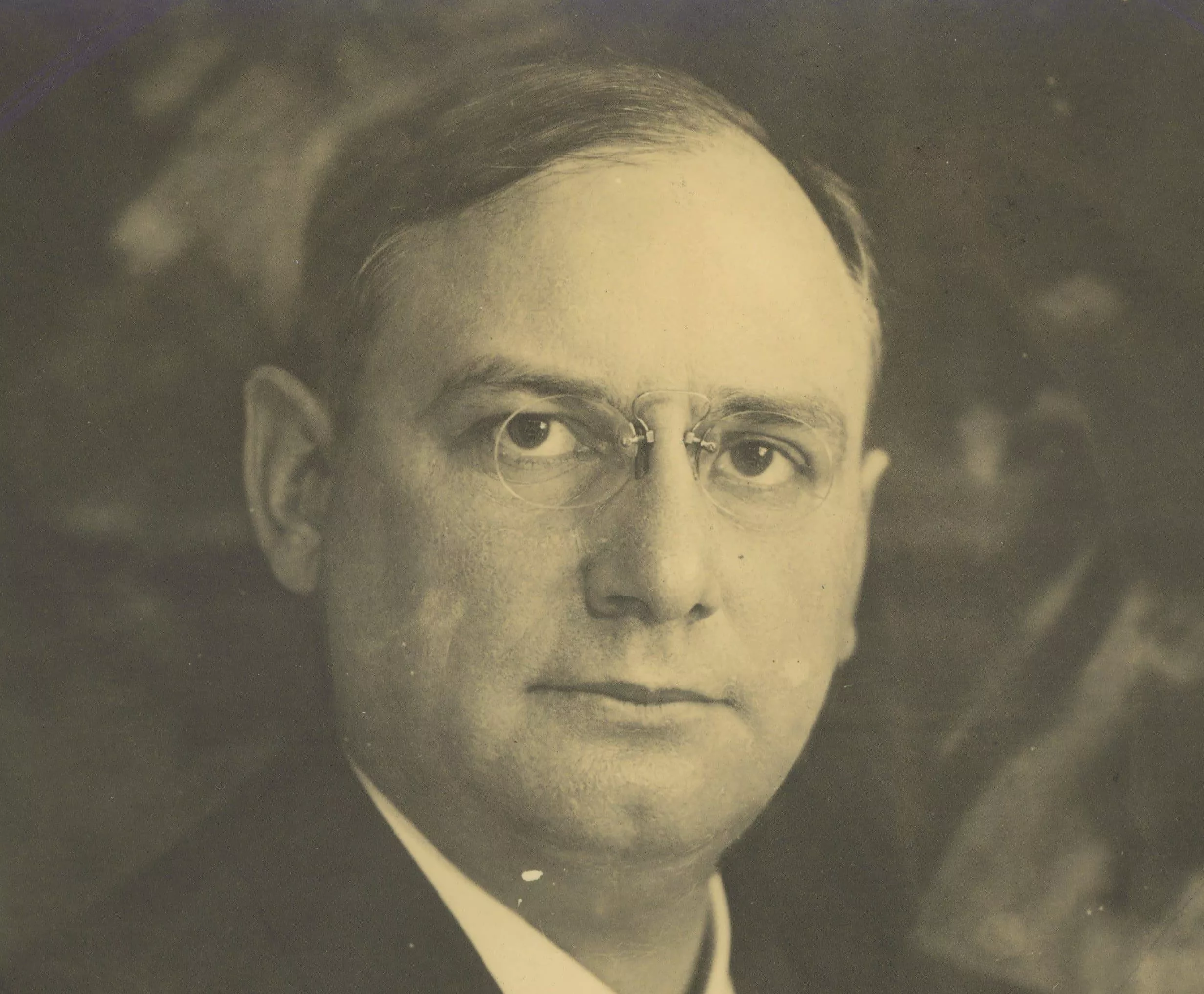
Clark faced Missouri challenger in presidential bid
Editor’s note: Following is the conclusion of a story series by contributing writer Brent Engel.
It was like a lightning strike on a sunny afternoon.
Joseph Folk withdrew from the 1912 Missouri Democrat presidential sweepstakes just days before a nominee was to be chosen.
The shocking decision cleared the way for U.S. Speaker of the House Champ Clark of Bowling Green to be the candidate, but it also prompted questions about political loyalties.
The truly bizarre deal that led the man nicknamed “Holy Joe” to bow out was brokered by Democrat stalwart William Jennings Bryan.
It went like this: The 36 Missouri delegates to the national convention at Baltimore in July were to evenly split between Clark and Folk.
On the first ballot, they had to back their man, but on subsequent votes they could choose the candidate who appeared to have the most support from other states. Clark and Folk initially rejected the proposal.
Lon Sanders was an engraving company owner from St. Louis who backed Folk. He said the former governor had “shown a readiness to sacrifice personal interest to save the party” and that Democrats should “register protests against the party destroyers.”
Clark campaign manager and Pike County native Virgil Rule countered that Folk’s message “sounds like a cry of distress,” and rhetorically asked if there was “anything Democratic about this plan?”
Folk stepped aside a day after Clark agreed to the proposal – and 10 days before the state nominating convention in Joplin.
The Louisiana Press-Journal said Folk’s decision “smooths the factional troubles.” But while both men hailed the move as a win for party unity, bitterness remained.
The St. Louis Globe-Democrat said that despite what it called the “love feast,” there was “a fear on the part of some” Democrats that the “harmony may have come too late.”
The paper said “much strife has been engendered throughout the state” and that “differences which have arisen between Clark and Folk followers in all probability will continue.”
Folk was praised for what he himself called an interest in “the success of Democratic principles” rather than “my own advancement.”
“He showed he wanted to do the right thing by Missouri Democrats,” the Knoxville Sentinel agreed.
“Measured by what he gave up, Mr. Folk’s sacrifice does not seem so great,” wrote the Omaha Bee.
“It has been pointed out by many of the faithful that J.W. Folk hasn’t a chance on earth, and why shouldn’t he step out and give another Missourian an opportunity?” the Kansas City Journal questioned.
However, many sensed there was something darker associated with the deal.
“Folk is the first discard, but he won’t be lonesome very long,” suggested the Memphis Commercial-Appeal.
Sure enough, Clark lost the nomination after a contentious national convention fight in which Bryan steered delegates to Wilson, who was elected president. Clark would remain Speaker until 1919 and die at age 70 two years later.
Wilson appointed Folk a State Department solicitor and he later was an attorney in national and international cases. The former governor tried politics again in 1918, when he was defeated for a U.S. Senate seat.
Folk died at 53 on May 28, 1923. Through the years, he never gave up a disciplined approach that is as true today as it was in his era.
“Disregard for one law breeds contempt of all law,” he once said. “In allowing some laws to go unenforced, we reap a harvest in having all laws broken.”